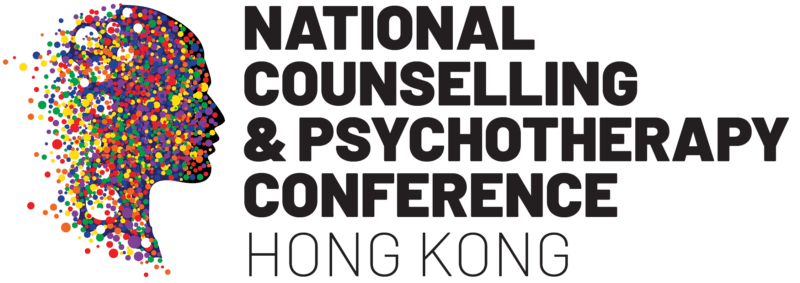Agenda
2026 Agenda and Speakers coming soon!
Topics to look forward to in NCPC HK 2026!
- Professional Standards & Ethical Practice
- Trauma-Informed Care: Scope & Limitations
- Clinical Assessment, Misdiagnosis & Differential Diagnosis
- Neurodiversity Across the Lifespan
- Practitioner Burnout, Moral Injury & Sustainability
- Therapeutic Effectiveness & Stalled Treatment
- Safeguarding Clients & Evidence-Based Practice
If you have a speaker topic or recommendation for the 2026 NCPC SG agenda, please contact us.
